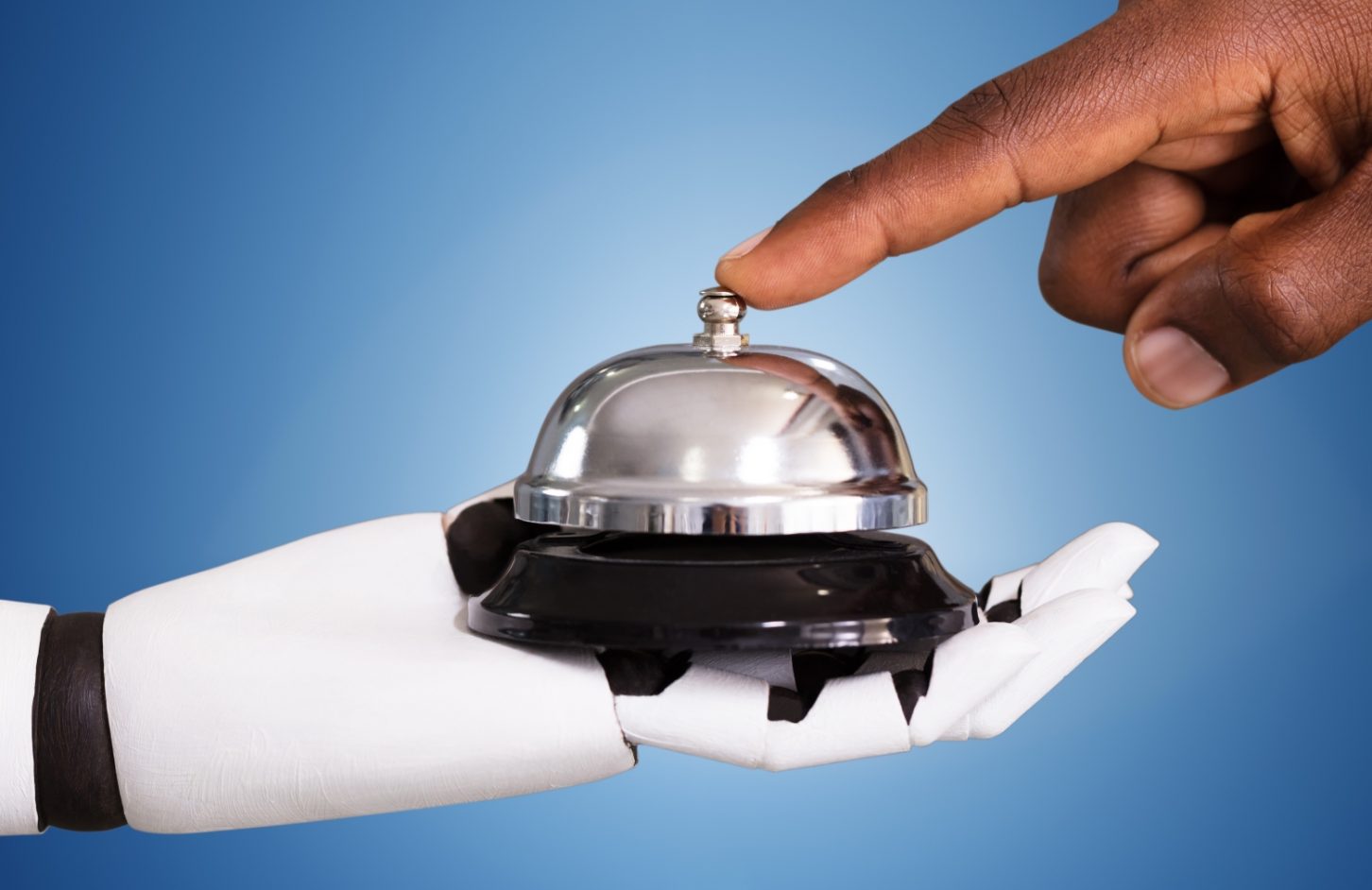The hospitality sector stands on the verge of great change. Ahead is a technological revolution driven by the catalysing effect of AI. This technology can optimise workflows, reduce waste, track consumer behaviour and even generate menus. But for this to happen, hospitality decision-makers must embrace change.
Despite the promise of transformation and increased efficiency, the sector remains understandably preoccupied with back-to-back challenges. For owners and staff alike, hospitality has been an unpredictable space to work in since the start of the pandemic.
Lockdowns, social distancing and quarantine have now been overtaken by the challenges of food price inflation, staff shortages and the end of the energy bill relief.
These issues have left hospitality businesses stuck in a myopic holding pattern, with their eyes fixed firmly on the short term, trying to fight the fires that threaten to leave them toasted....

